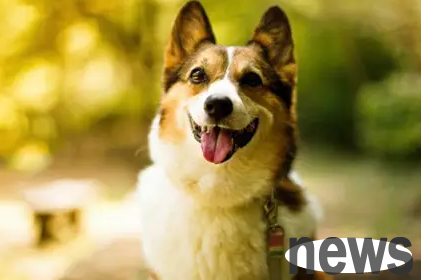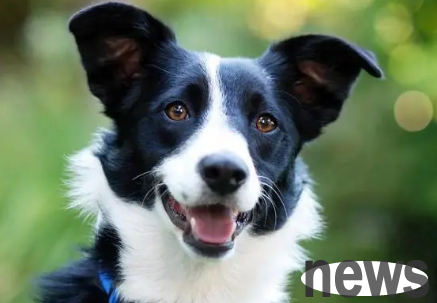Faced with the spread of the coronavirus epidemic, many pet owners, especially dog "dog shovelers", are inevitably nervous: how to ensure the safety of their dogs has become a question that needs to be answered urgently. Today, let’s dis...
Faced with the spread of the coronavirus epidemic, many pet owners, especially dog "dog shovelers", are inevitably nervous: how to ensure the safety of their dogs has become a question that needs to be answered urgently. Today, let’s discuss in depth how to build a solid protective wall for pet dogs.

1. Recognize and prevent conventional canine coronavirus
First of all, it should be clear that conventional canine coronavirus (CCoV) and the new coronavirus (COVID-19) currently facing humans are two different viruses. CCoV mainly affects puppies and causes symptoms of gastroenteritis, such as vomiting, diarrhea, etc. The key to preventing such diseases is to get vaccinated regularly to ensure that puppies receive adequate immune protection. At the same time, it is also crucial to maintain good sanitation and avoid puppies from being exposed to animals that have been infected or may be carrying the virus.
2. The current risk assessment of the coronavirus on pet dogs
There is no conclusion in the scientific community about whether the new coronavirus will be transmitted to pet dogs. Although there are very few reports that pets may be infected or carried by viruses, there is a lack of conclusive evidence to support this conclusion. It is important that we remain calm and not spread unproven information so as not to cause unnecessary panic. Pet owners should pay close attention to the latest news released by the official and follow the advice of professional veterinarians.
3. Pet dog protection strategies in special periods
Reduce going out: During the epidemic, try to minimize the number of times you take your dog out to reduce the risk of infection. If you have to go out, you should choose a time period and place with fewer people to avoid going to crowded places. After returning home, clean and disinfect your dog and yourself in time.
Social distancing: When walking your dog, try to keep a safe distance from other people and animals to avoid unnecessary contact.
Health Monitoring: Pay close attention to the health of your dog. If you have abnormal symptoms (such as cough, difficulty breathing, loss of appetite, etc.), you should seek medical treatment in a timely manner and inform your doctor of your recent travel and contact history.
Psychological care: Staying at home for a long time may have a certain impact on the dog's psychology. The owner should spend more time with them and engage in interactive games to relieve their anxiety.

In this special period, we must not only pay attention to our own health and safety, but also provide necessary protection and care for pet dogs. Rejecting wild animals, isolating viruses but not quarantine love is our common responsibility and responsibility. Let us work together to create a safe and healthy growth environment for pet dogs. At the same time, we also look forward to the scientific community to reveal the truth about the relationship between the new coronavirus and pets as soon as possible, and provide us with more comprehensive and scientific protection guidance.